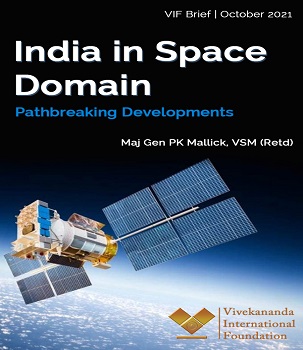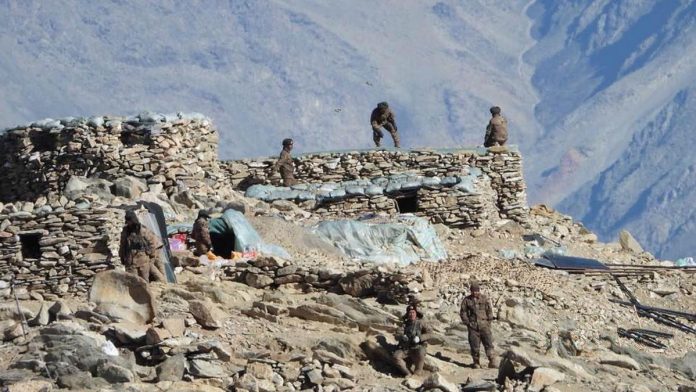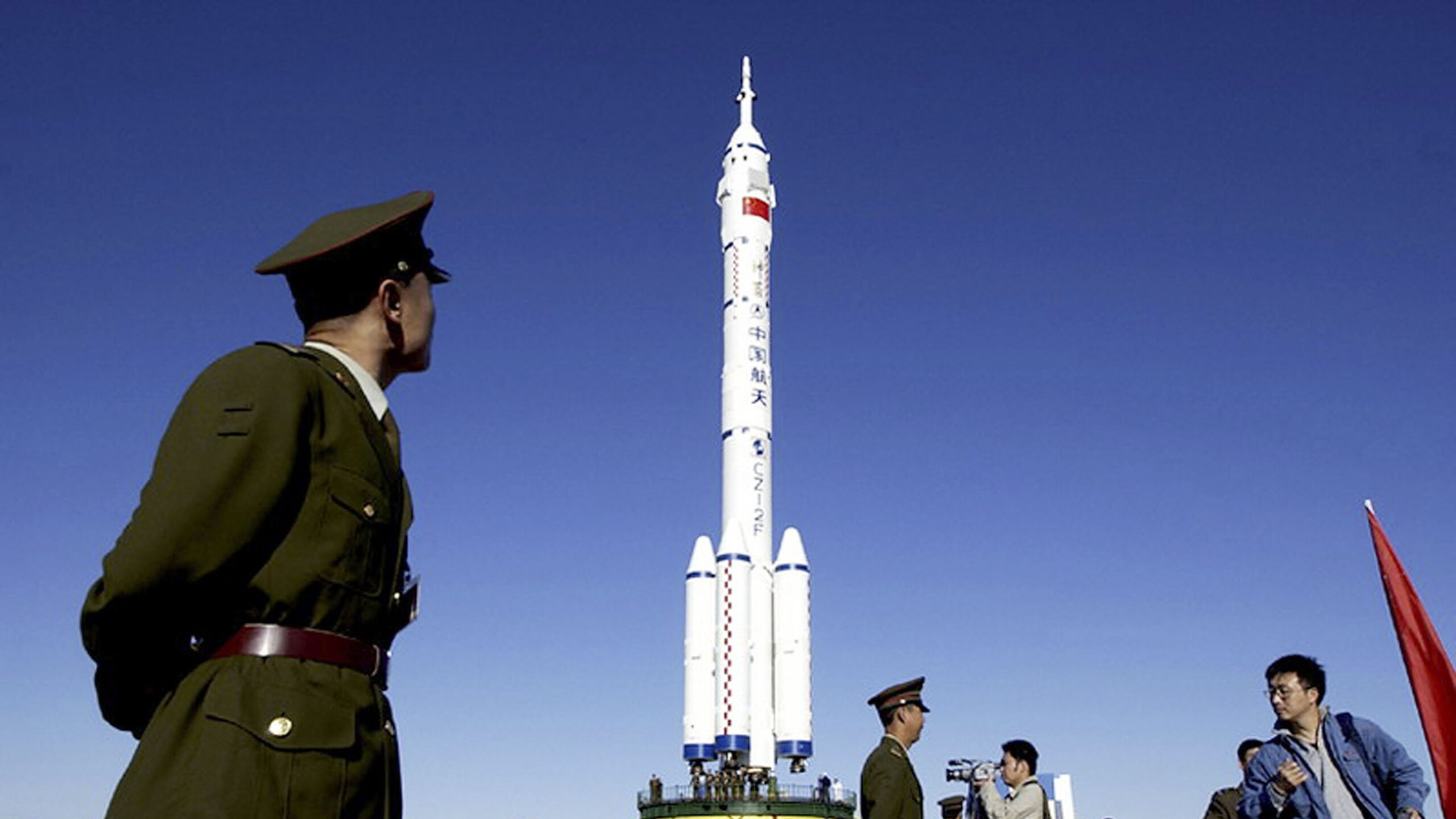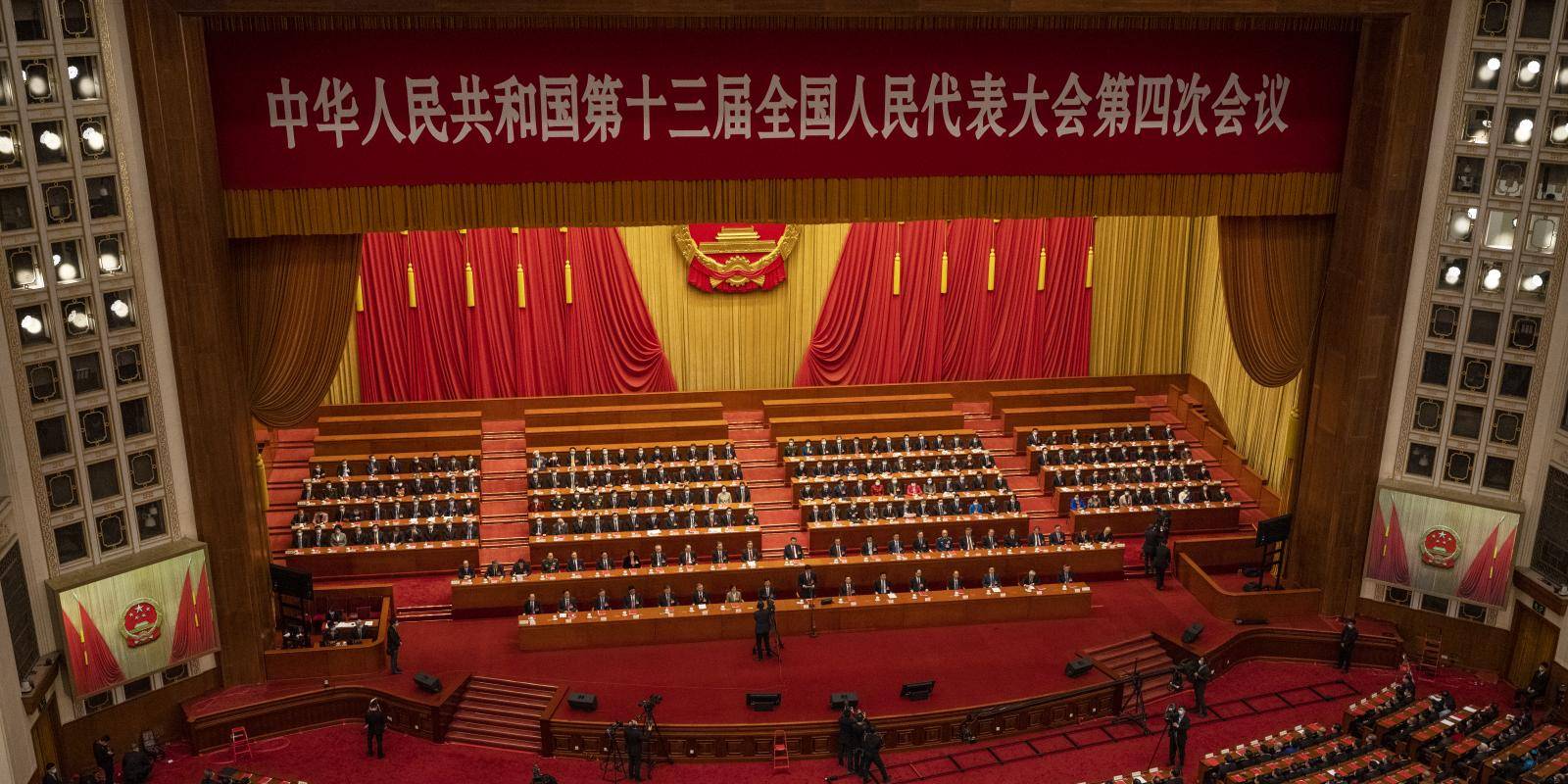Maj Gen PK Mallick, VSM (Retd)
Introduction
 India is now a major spacefaring nation. Initially, the Indian space programme was focused primarily on societal and developmental utilities. Today, like many other countries, India is compelled to use space for several military requirements like intelligence, surveillance and reconnaissance. Hence, India is looking to space to gain operational and informational advantages.
India is now a major spacefaring nation. Initially, the Indian space programme was focused primarily on societal and developmental utilities. Today, like many other countries, India is compelled to use space for several military requirements like intelligence, surveillance and reconnaissance. Hence, India is looking to space to gain operational and informational advantages.India has had its fair share of achievements in the space domain. It includes the launch of the country’s heaviest satellite, the GSAT-11 which will boost India’s broadband services by enabling 16 Gbps data links across the country, GSAT-7A, the military communication satellite and the launch of the Geo-synchronous Satellite Launch Vehicle GSLV Mk III-D2, the GSAT 29. The Anti-Satellite (ASAT) test is an intrinsic part of today’s geopolitics and the national security context.
















